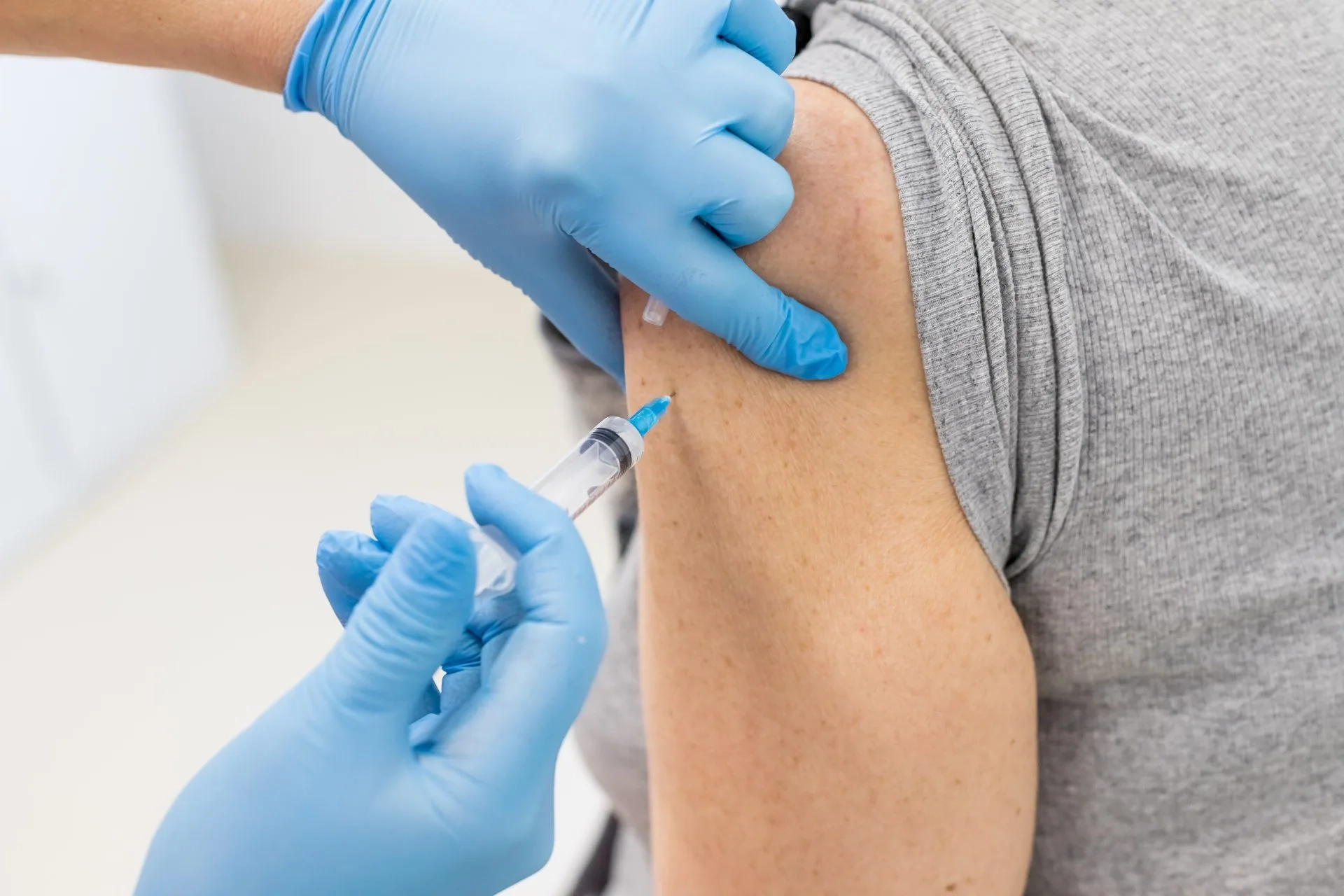The following list includes items not covered by your Travel Emergency benefits as well as circumstances in which your Travel Emergency benefits would not be paid. Note: this list is not exhaustive.


COVID-19 vaccine coverage is available under many ASEBP benefit plans, but details can differ. Read the step-by-step guide to help you check your coverage and walk you through the process of accessing your COVID-19 vaccine.